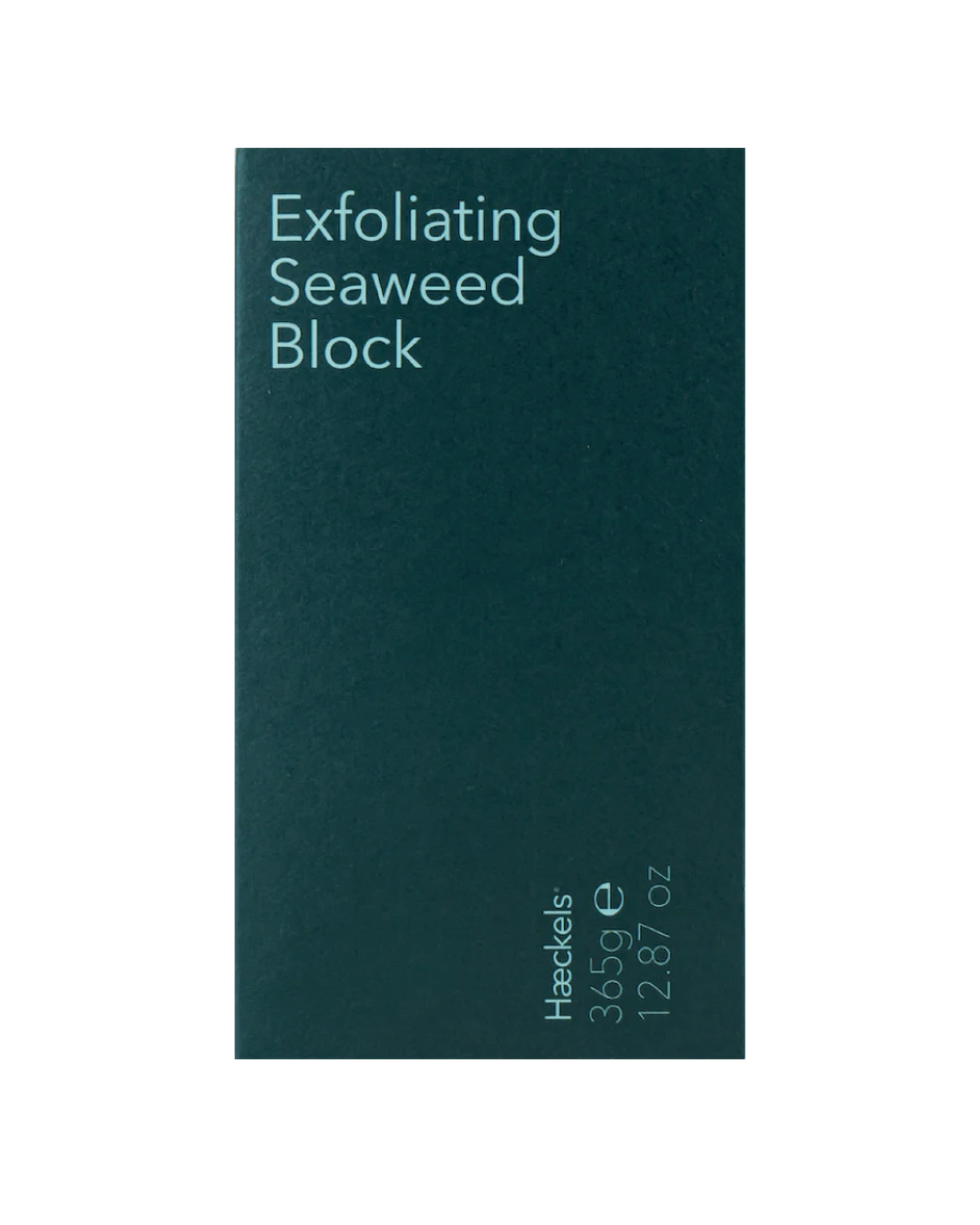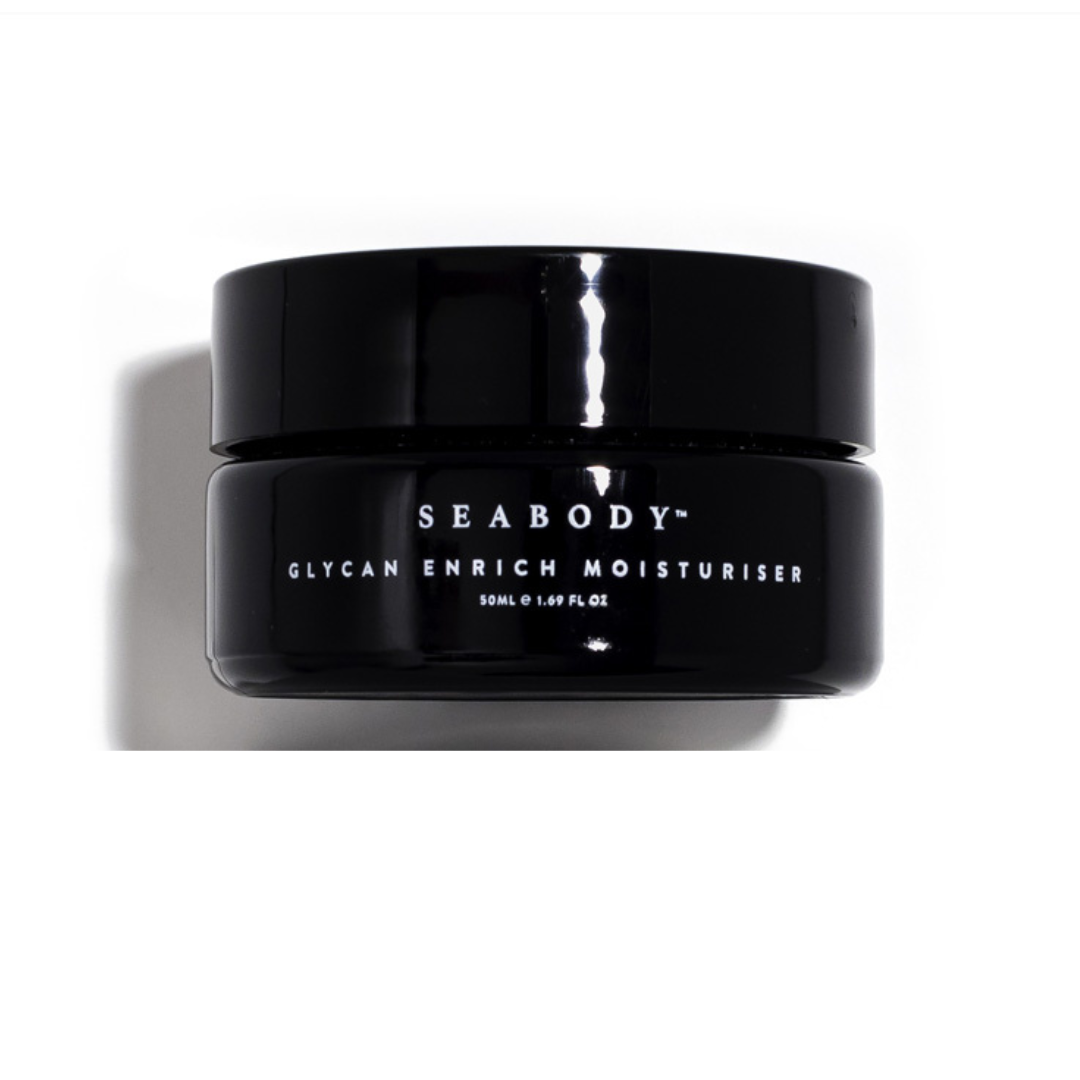In The Loop: Want the glowiest skin of your life? Here’s how seaweed-based skincare can transform your routine
Seaweed: good for your skin—and the planet

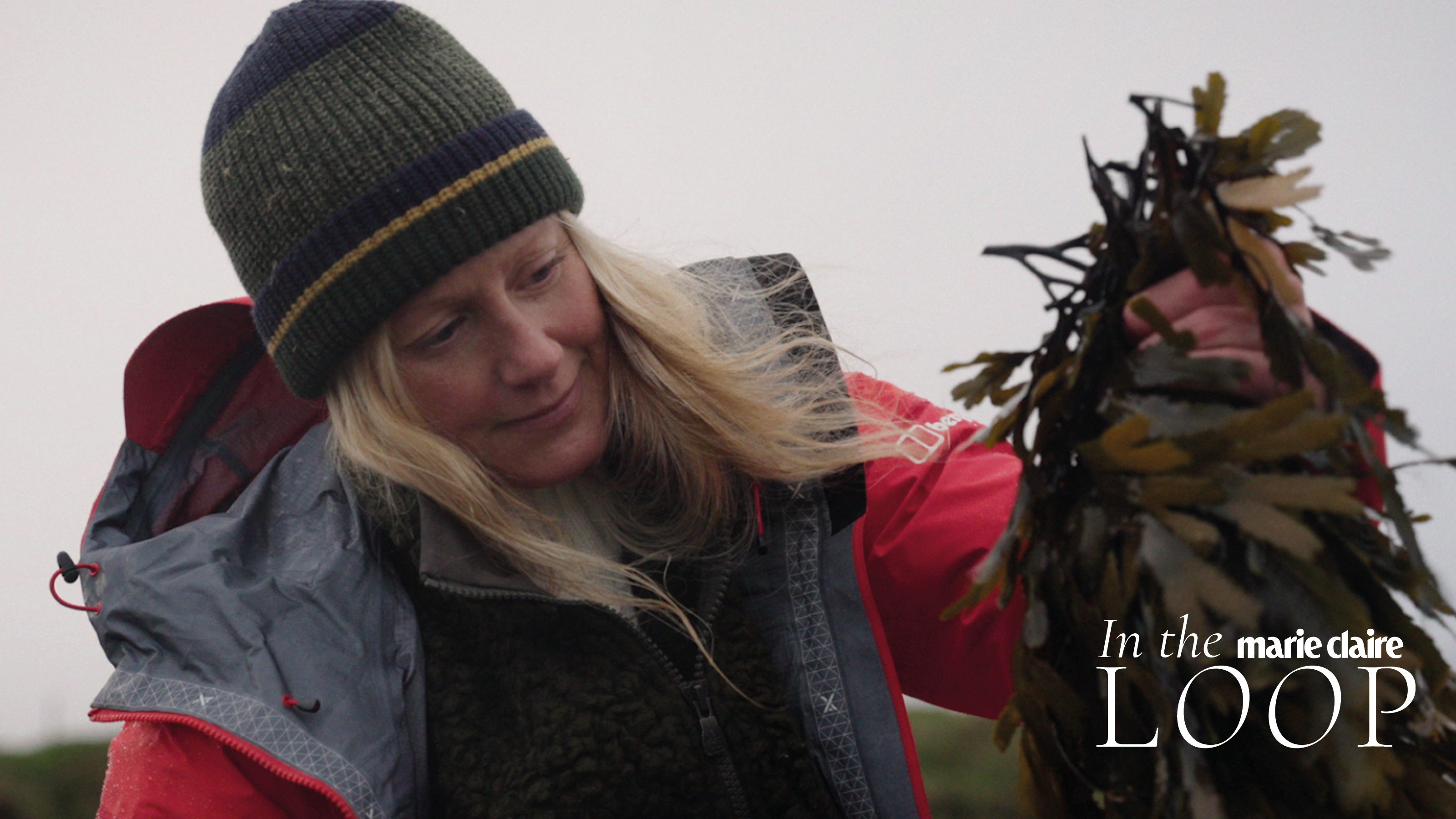
As the beauty world shifts toward sustainability, could seaweed be the ingredient that’ll really have a positive impact on your skin? Once mainly consumed for its nutrient-rich properties, seaweed is now making waves in skincare, praised for its hydration, anti-ageing and detoxifying properties. With eco-conscious brands increasingly tapping into marine resources, seaweed stands out as a key player in effective and sustainable skincare. As demand grows, there is a significant opportunity to harness ocean-sourced ingredients responsibly, supporting a more sustainable beauty industry.
Why seaweed is the new star ingredient
Seaweed is rapidly emerging as a skincare revolution with more and more of us becoming attracted to the natural and eco-friendly qualities of the marine ingredient. In 2021, the global commercial seaweed market hit a remarkable USD 9.9 billion, and it's expected to keep growing at a steady rate of 2.3% each year until 2030.
Malcolm Macrae, marine biologist and co-founder of Ishga, captures the essence of this trend: "Seaweed is truly a superfood for the skin. Its profile boasts a potent blend of antioxidants, essential vitamins and minerals, positioning it as a skincare powerhouse that can be sustainably harvested."
The surge in seaweed-based skincare reflects a broader consumer shift towards natural, scientifically-backed beauty solutions that prioritise both personal wellness and environmental responsibility.
Seaweed is truly a superfood for the skin. Its profile boasts a potent blend of antioxidants, essential vitamins and minerals
Malcolm Macrae, co-founder of Ishga
Skin benefits of seaweed
Seaweed is now a go-to ingredient for top brands like Ishga, La Mer and Haeckels - but why the focus on it?
Dr. Ifeoma Ejikeme of Adonia Medical Clinic explains that seaweed is loaded with vitamins A, C, E and K, as well as minerals like iodine, magnesium and calcium, supporting hydration, anti-ageing and detoxification.
This translates well to skincare, with a study published in the Journal of Cosmetic Dermatology finding that seaweed-based creams significantly improved skin hydration and elasticity.
Seaweed's versatility makes it suitable for various skin types and concerns:
- Sensitive skin: Its anti-inflammatory properties can soothe irritated skin, making it beneficial for those with rosacea or sensitivity.
- Acne-prone skin: Some seaweeds have been shown to regulate oil production and decrease acne-causing bacteria.
- Ageing skin: Rich in antioxidants, seaweed can help protect against free radical damage and promote skin firmness.
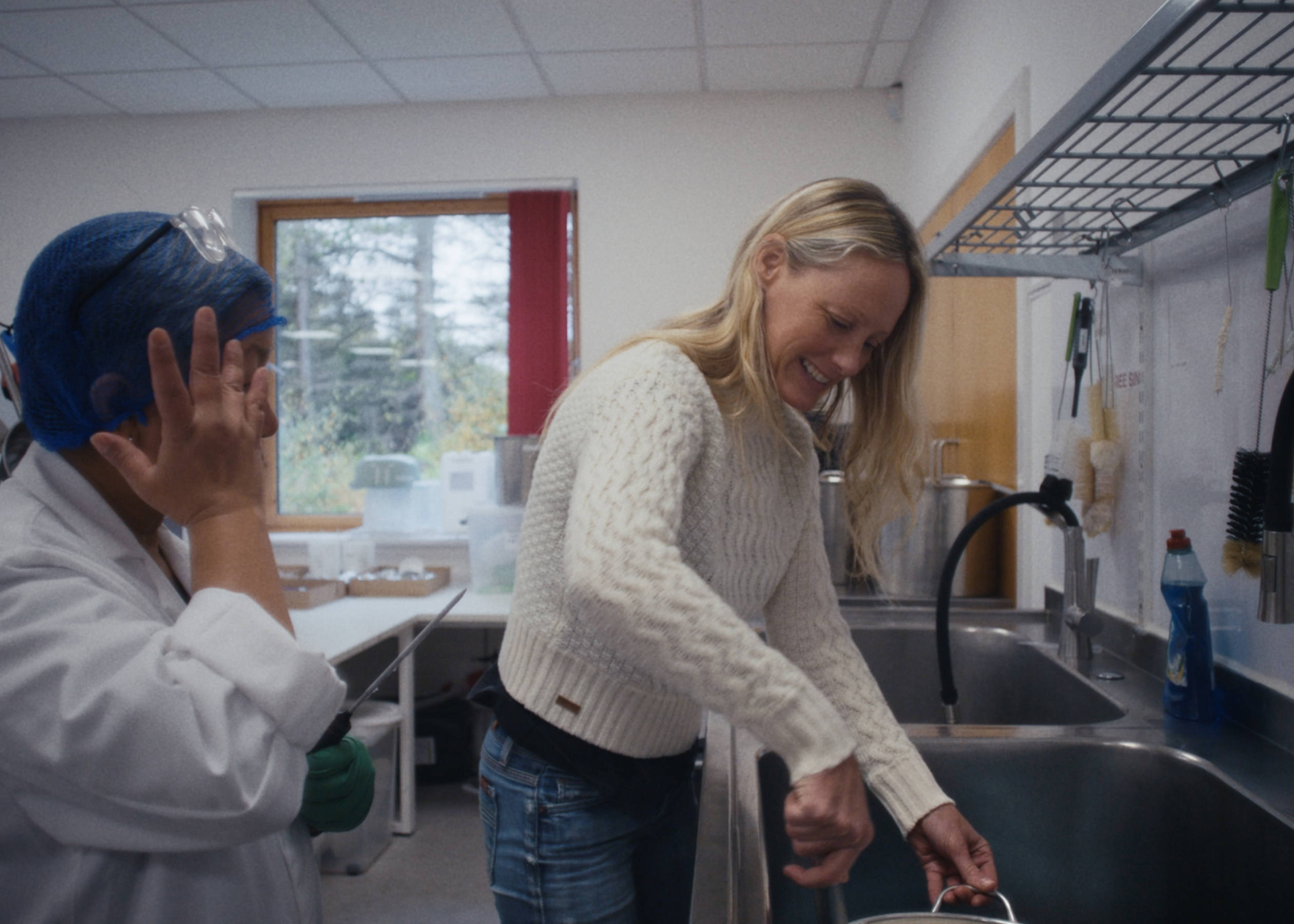
66 North Bylur Wool Sweater £170.00
Why seaweed is a top eco-friendly skincare ingredient for low-impact beauty
Seaweed cultivation is gaining recognition as a sustainable aquaculture solution, offering significant ecological advantages over traditional farming. Unlike land-based crops, seaweed grows in seawater without the need for freshwater, pesticides or arable land. "One of its most notable benefits is carbon sequestration - seaweed absorbs substantial amounts of carbon dioxide from the water, aiding in the fight against climate change and ocean acidification," says Macrae. "Additionally, seaweed acts as a natural filter, improving water quality by removing excess nutrients and providing habitats for diverse marine life."
The economic potential of the seaweed industry is considerable and supports millions of small-scale farmers and processors. Macrae emphasises that seaweed farming not only promotes environmental sustainability but also fosters economic opportunities for coastal communities.
As interest in seaweed farming grows in wealthier nations, it is increasingly seen as a nature-based solution that aligns with the UN Sustainable Development Goals. With its capacity to enhance biodiversity and contribute to a sustainable global economy, seaweed cultivation is poised to play a crucial role in future aquaculture practices.
However, challenges such as over-harvesting can threaten ecosystems. Ishga addresses these concerns by hand harvesting seaweed along the tideline or by using “sea tractors” for specific species. Both methods cut only the tops of the seaweed, preserving roots for regrowth and protecting marine life. Similarly, La Mer employs sustainable harvesting techniques like hand-harvesting and replanting cuttings, while Haeckels collaborates with conservation groups to restore kelp forests. Furthermore, the development of biodegradable seaweed-based packaging could significantly reduce plastic usage.

Berghaus Ridge-Seeker Waterproof Jacket £350.00 66 North Bylur Wool Sweater £170.00 66 North Power Shield Pro Pants £310.00 66 North Varmahlíd Fleece Jacket £235.00
Top seaweed skincare products for radiant skin
For glowing, eco-friendly skincare, try these standout seaweed-based products:
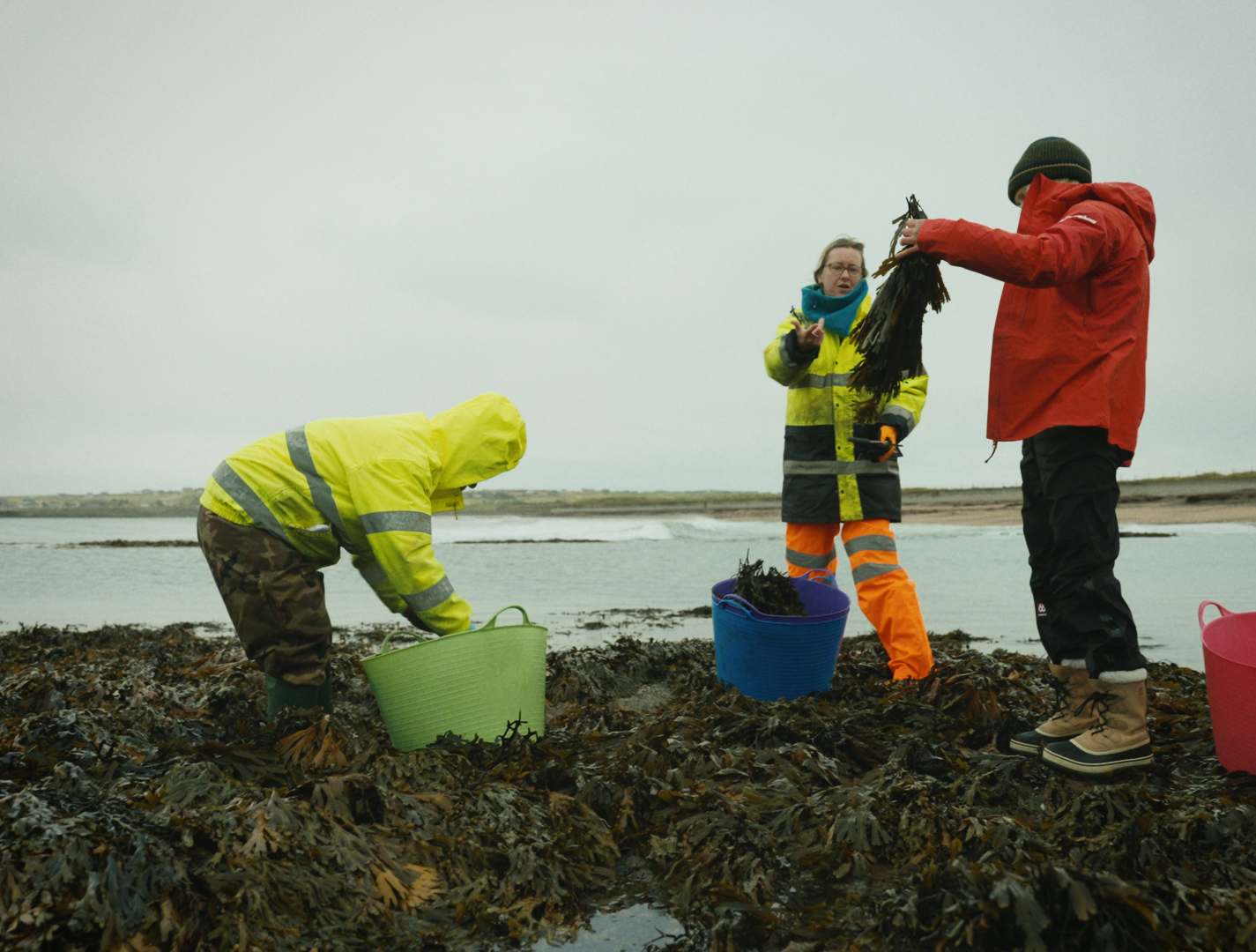
Berghaus Ridge-Seeker Waterproof Jacket £350.00 66 North Bylur Wool Sweater £170.00 66 North Power Shield Pro Pants £310.00 66 North Varmahlíd Fleece Jacket £235.00 Sorel Caribou Boots £165
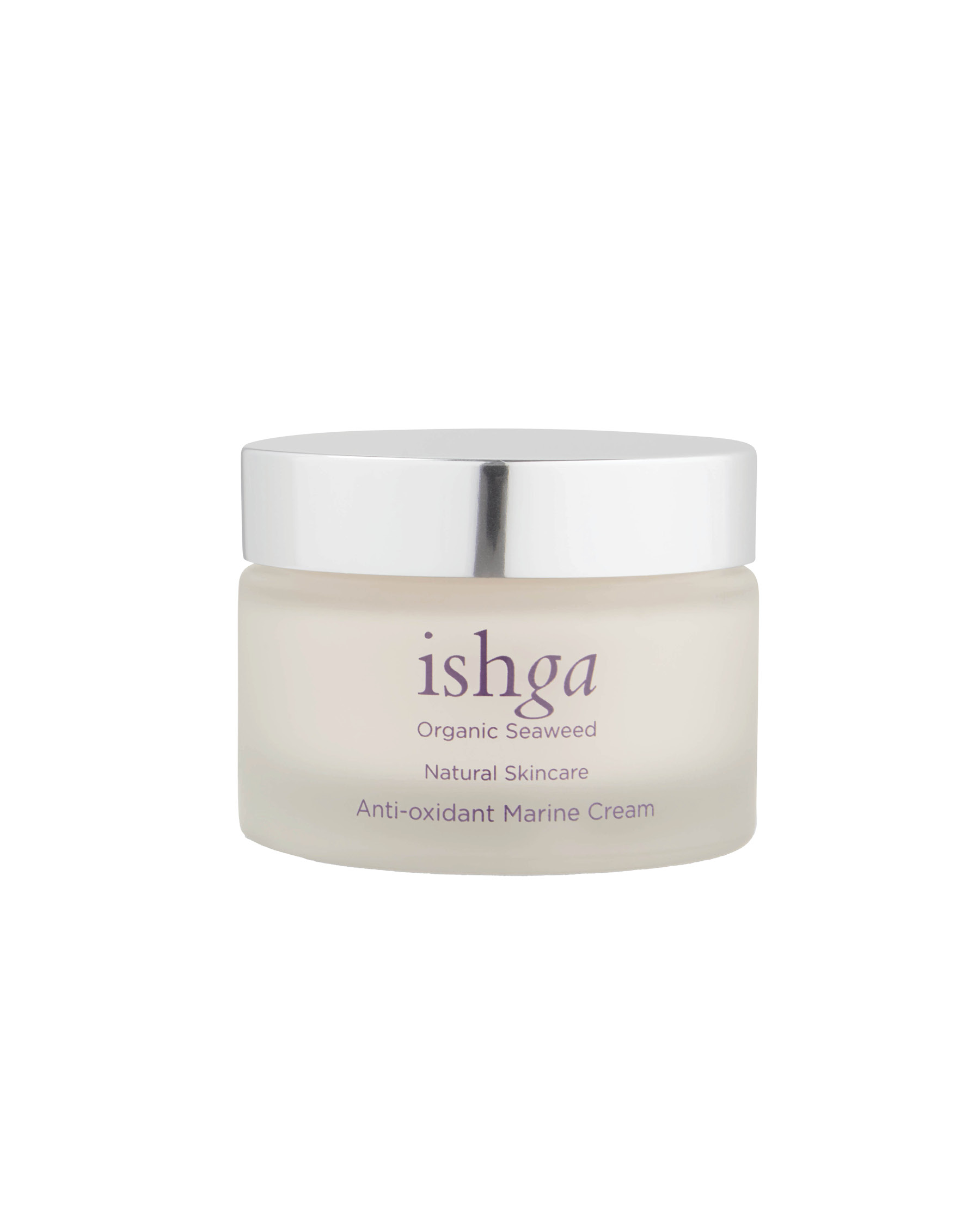
This creamy formula combines potent organic seaweed extracts with antioxidants, amino acids and essential minerals to rejuvenate and protect. The seaweed, rich in natural polysaccharides and polyphenols, works to shield the skin from environmental stressors while deeply boosting hydration levels. I could feel the cream providing intense nourishment from the first application and that feeling lasted all day.
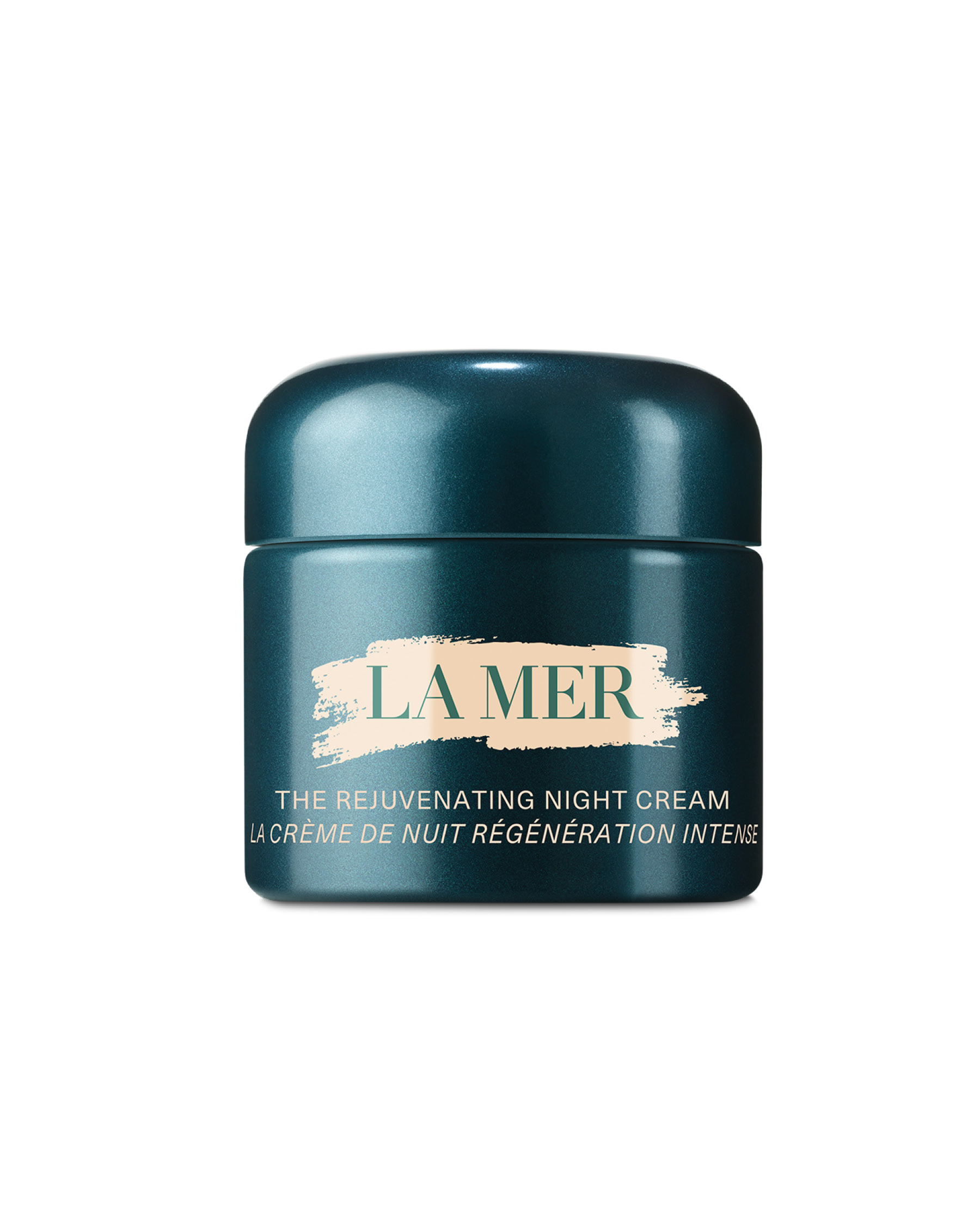
A soft formula that features their MRA-3 complex, a gentle marine alternative to retinol that promotes cell renewal without irritation. Infused with nutrient-rich sea kelp and Miracle Broth, it deeply hydrates, leaving skin soft, fresh and revitalised by morning.
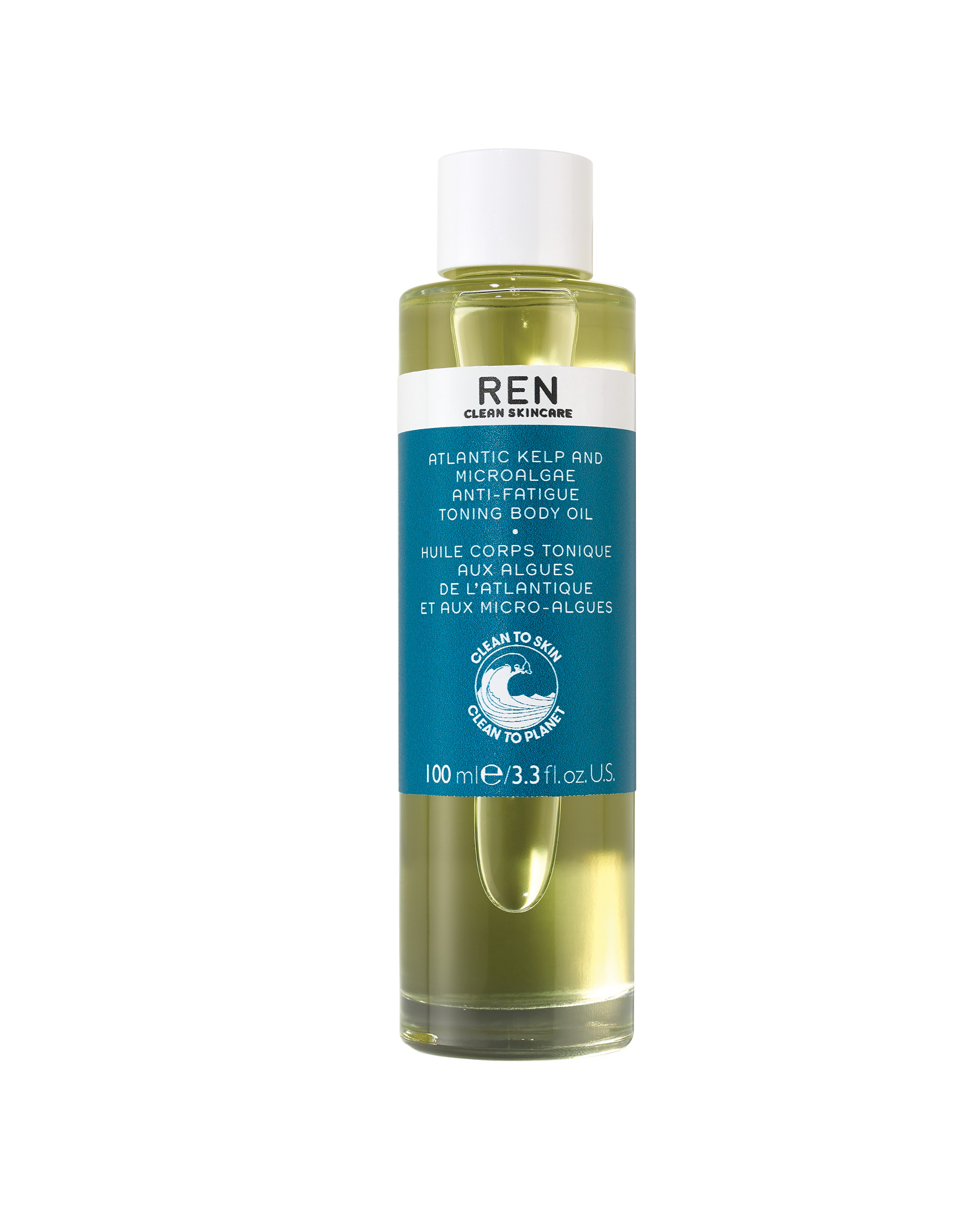
A transformative, luxurious oil that combines Atlantic kelp extract, rich in minerals, with microalgae oil to deeply nourish and hydrate skin. After each application, my skin feels noticeably softer and more supple and I love the invigorating scent too.
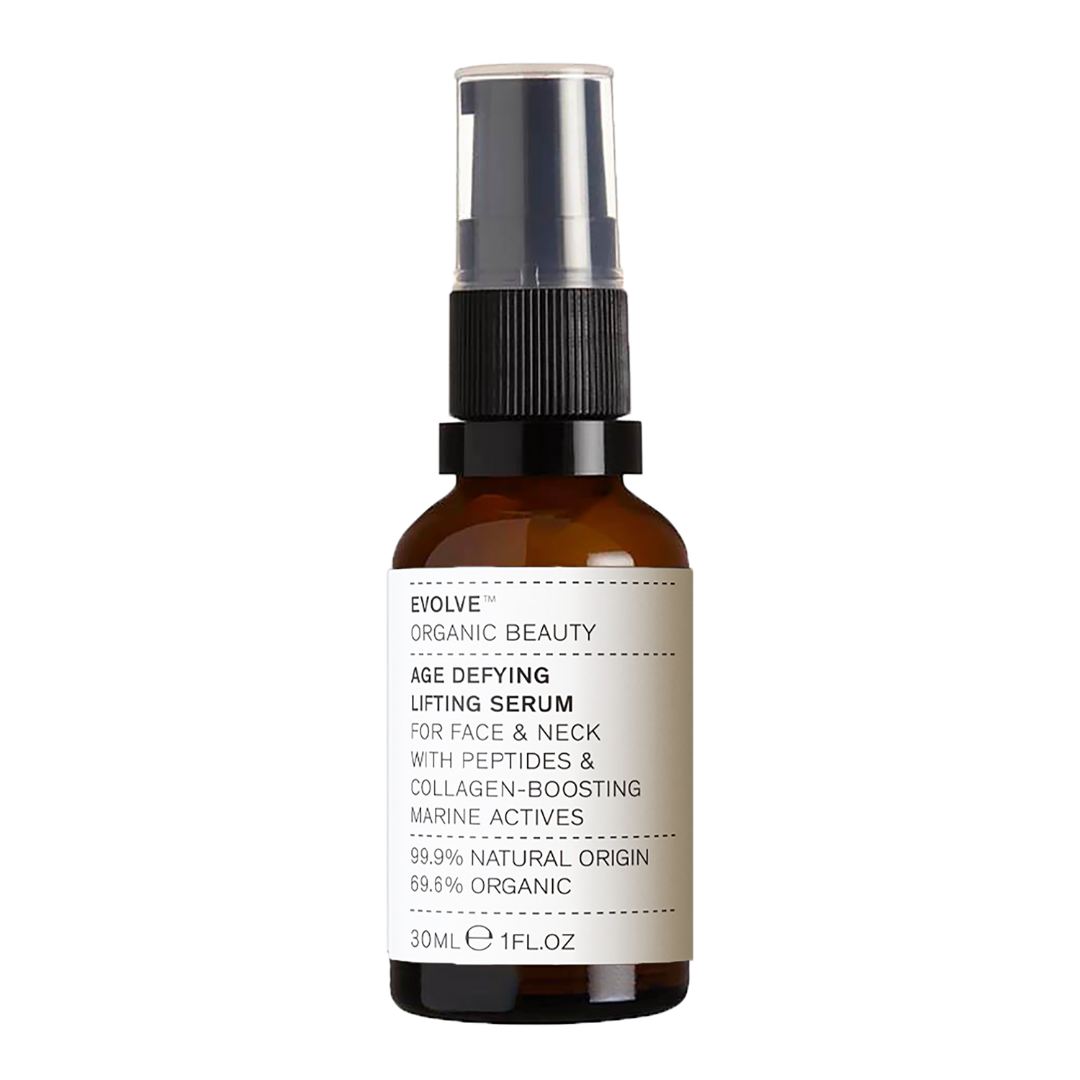
This serum is aimed at firming, lifting and smoothing the skin on the face and neck. It uses marine algae, which enhances skin luminosity and provides a lifting effect. Another key ingredient is a peptide that reduces fine lines by relaxing facial muscles, and Hyaluronic Acid to hydrate and plump the skin.
Lisa Oxenham is a trailblazing beauty editor, journalist, stylist, and creative director with over 20 years of transformative impact in the beauty industry. As the Beauty and Style Director at Marie Claire UK, she orchestrates high-profile shoots with celebrities and influencers, creating visually stunning and globally resonant content.
A passionate advocate for sustainability, Lisa serves on the Advisory Board for the British Beauty Council's Sustainable Beauty Coalition and the Media Advisory Board. She is also an ambassador for the Soil Association certification and the Amazon Research Institute. Through her "In The Loop" column, she keeps readers informed about the latest advancements in sustainable beauty and supports brands that champion environmental causes, emphasising the need for the beauty industry to reset its priorities.
Lisa's influence extends beyond words; she directs inspiring short films on sustainability and challenges in the beauty industry and is a sought-after public speaker. Recently recognised in the Who’s Who in Natural Beauty 2023, she also champions mental health and eco-conscious practices, demonstrating that glamour and environmental responsibility can coexist beautifully.
